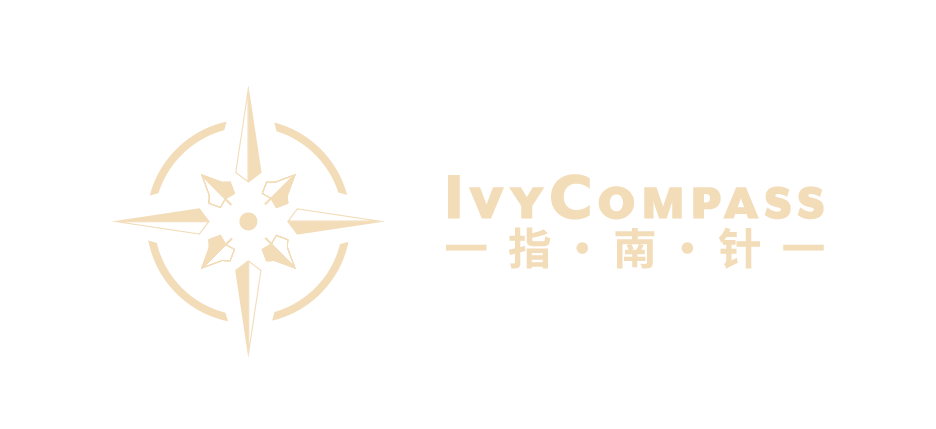How to Ace Your College Admissions Interview
Introduction:
A great college admissions interview can set you apart from other candidates. But how can you make a lasting impression?
Tips for Success:
Research the College
Understand the school’s programs, values, and culture so you can speak knowledgeably about why it’s a good fit for you.Practice Common Questions
Prepare answers to questions like “Why do you want to attend this college?” and “What’s your biggest strength?”Show Enthusiasm
Admissions officers want to see genuine excitement. Speak passionately about your interests and goals.Ask Thoughtful Questions
Prepare a few meaningful questions to show that you’re truly interested in the school.Follow Up with a Thank-You Email
Express your gratitude and reiterate your excitement for the opportunity.
Conclusion:
With preparation and confidence, you can make your college interview a success. For more tips and resources, explore our services page to take the next step toward your dream college.


